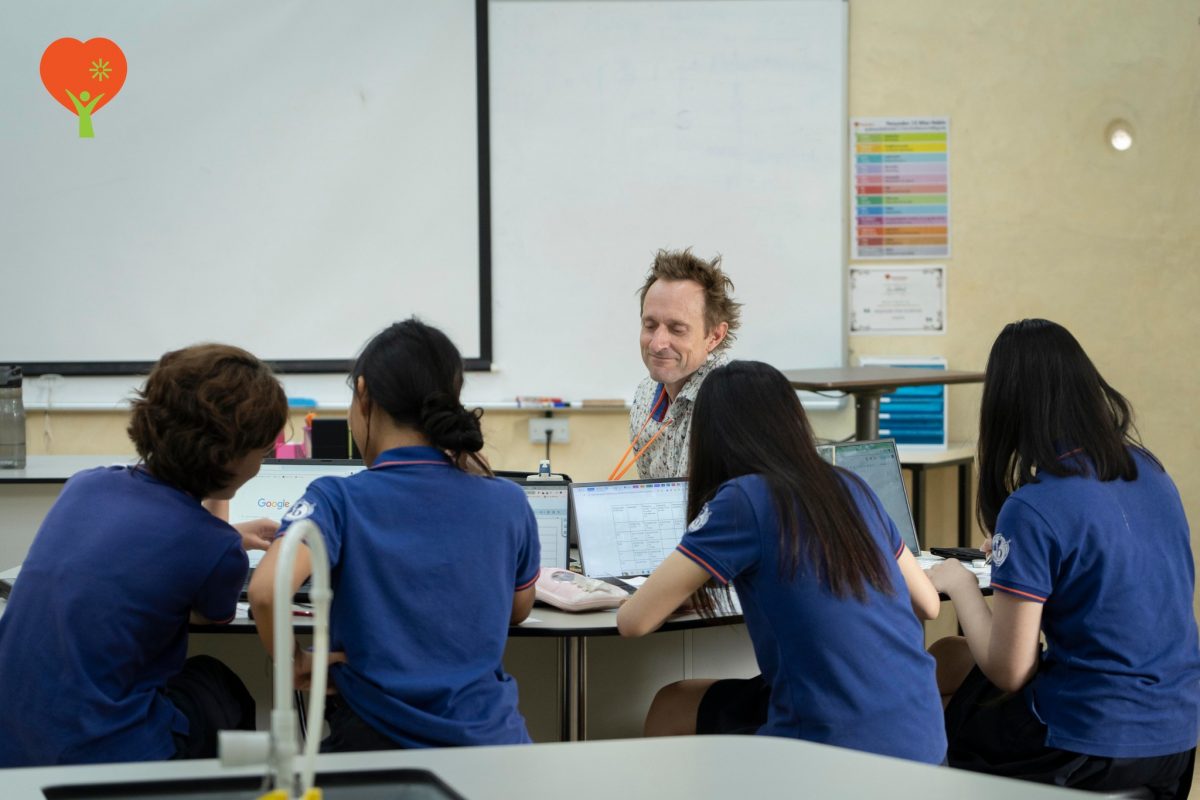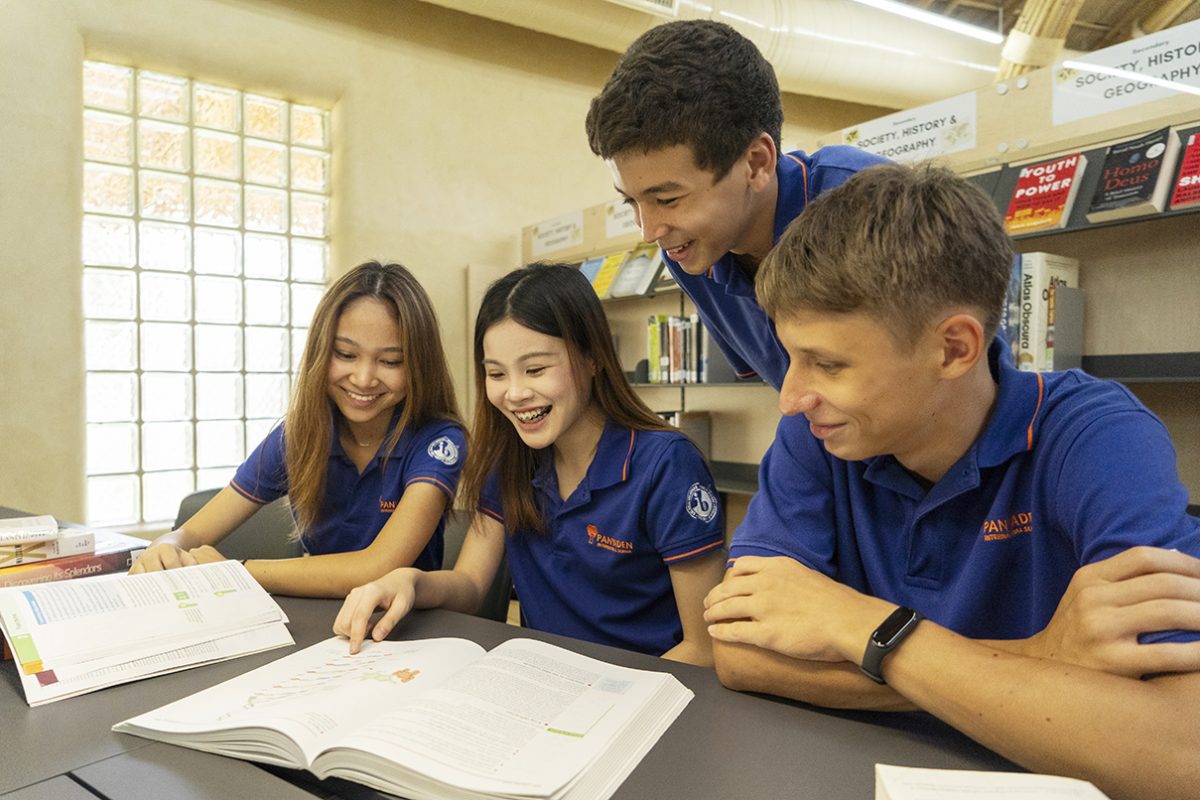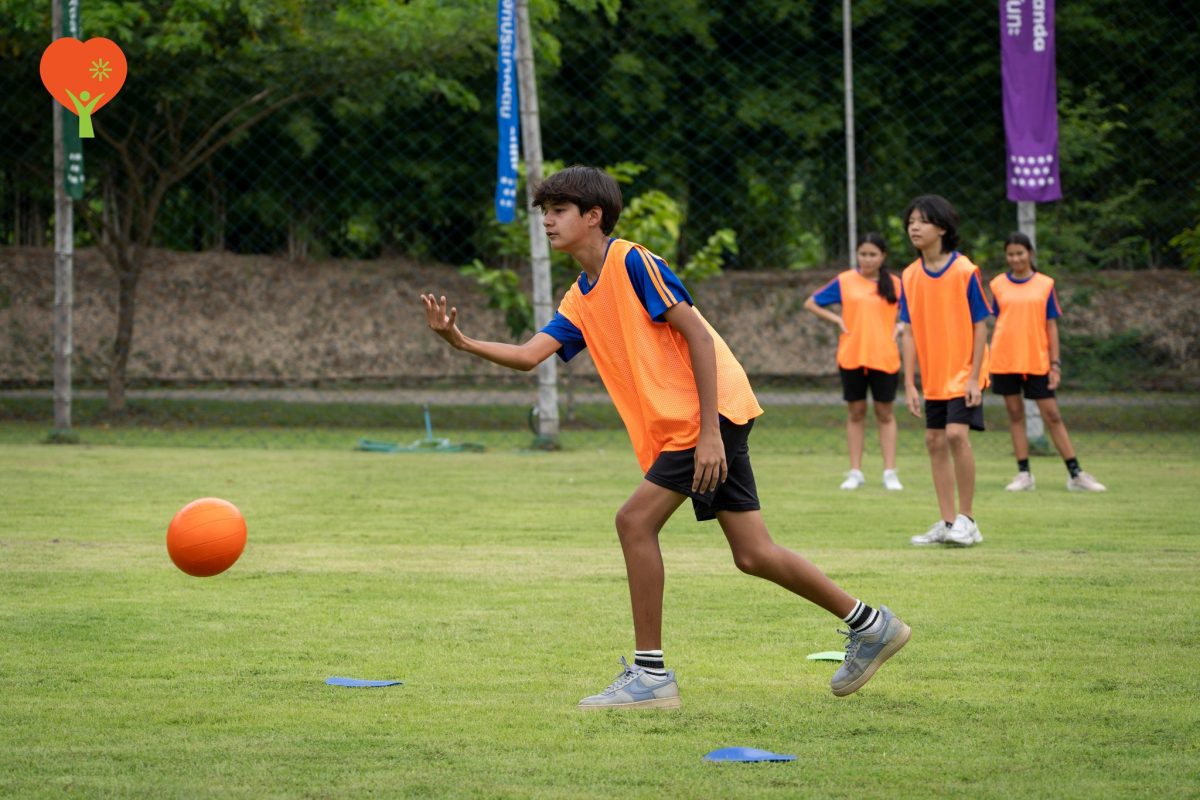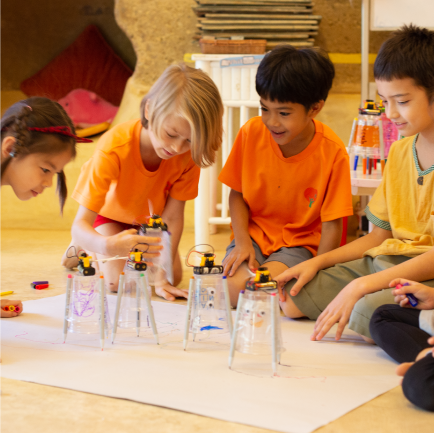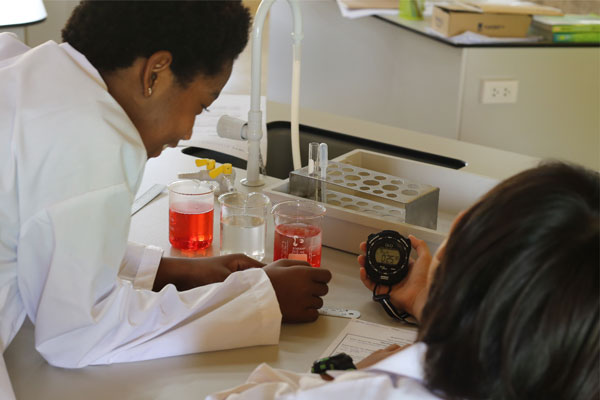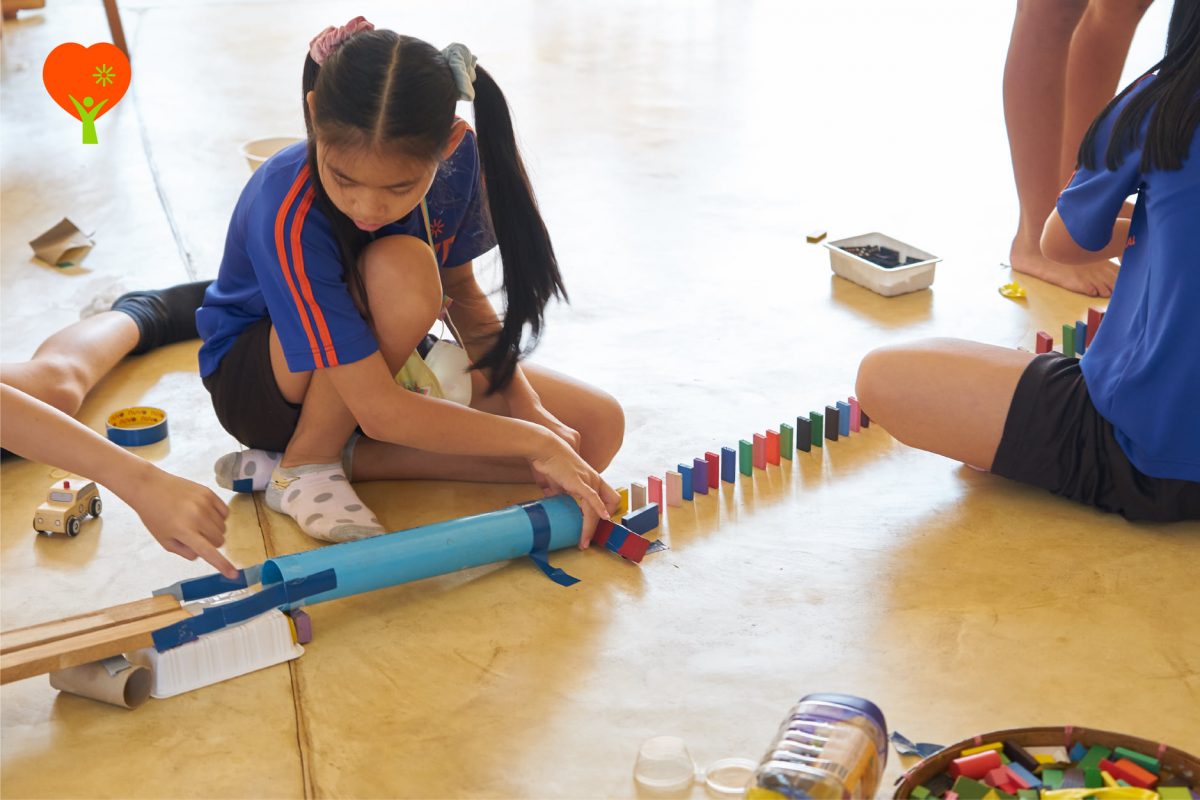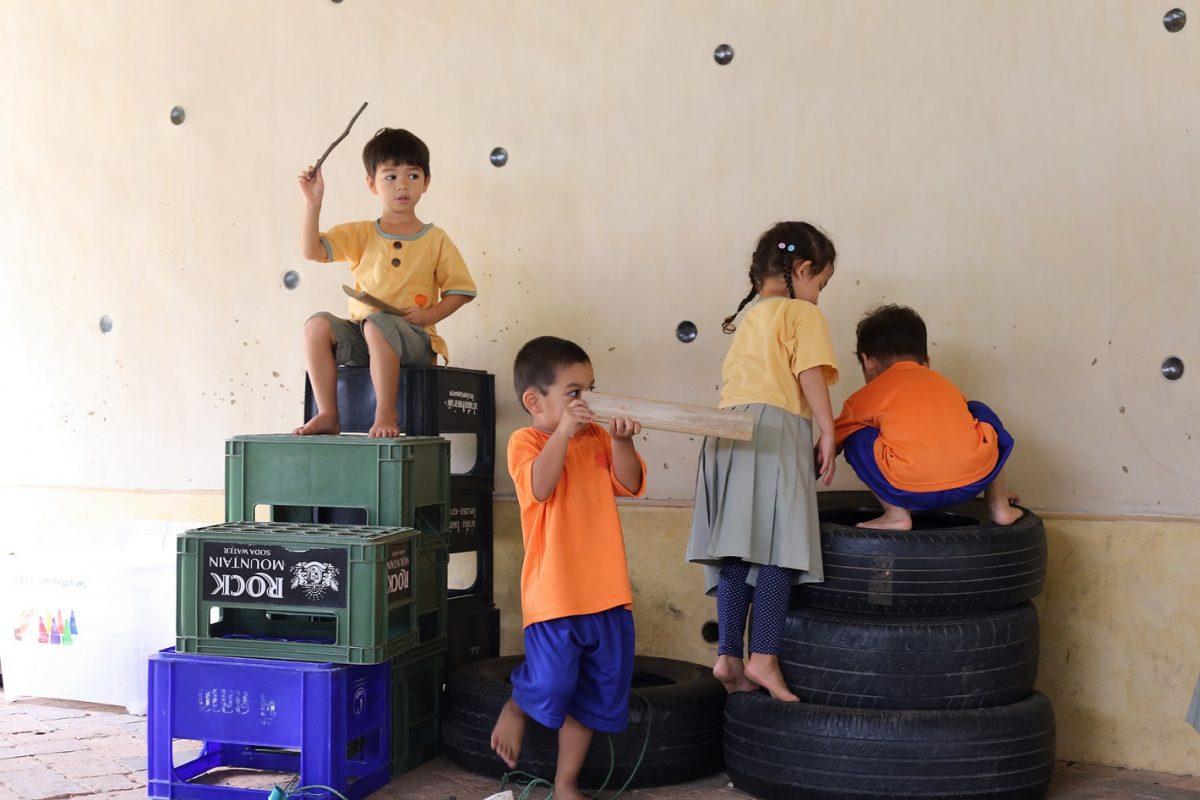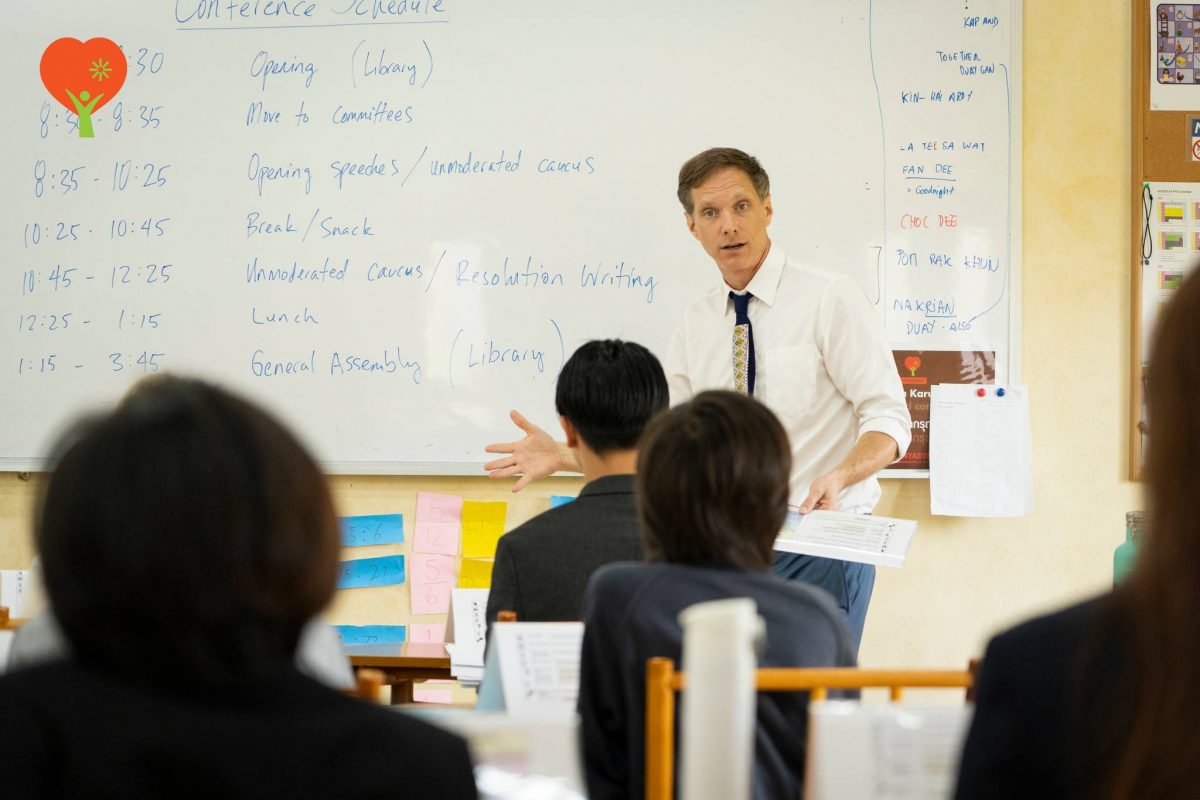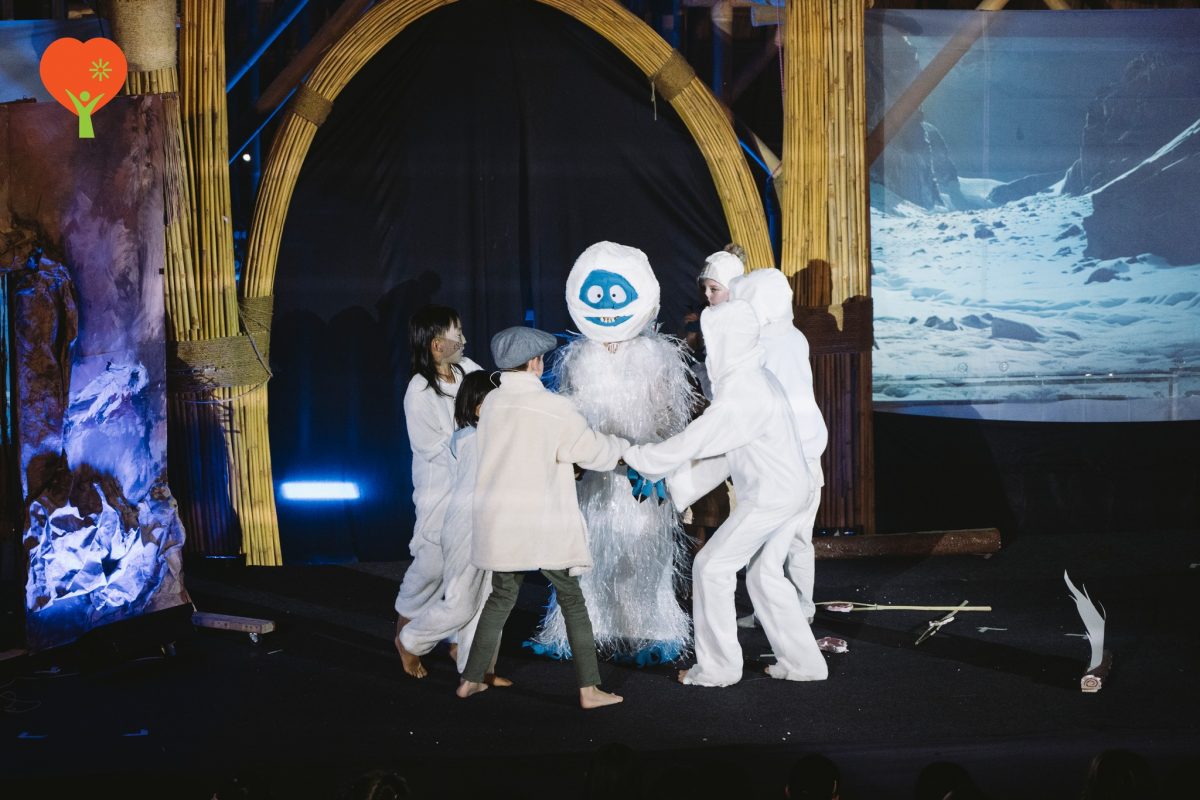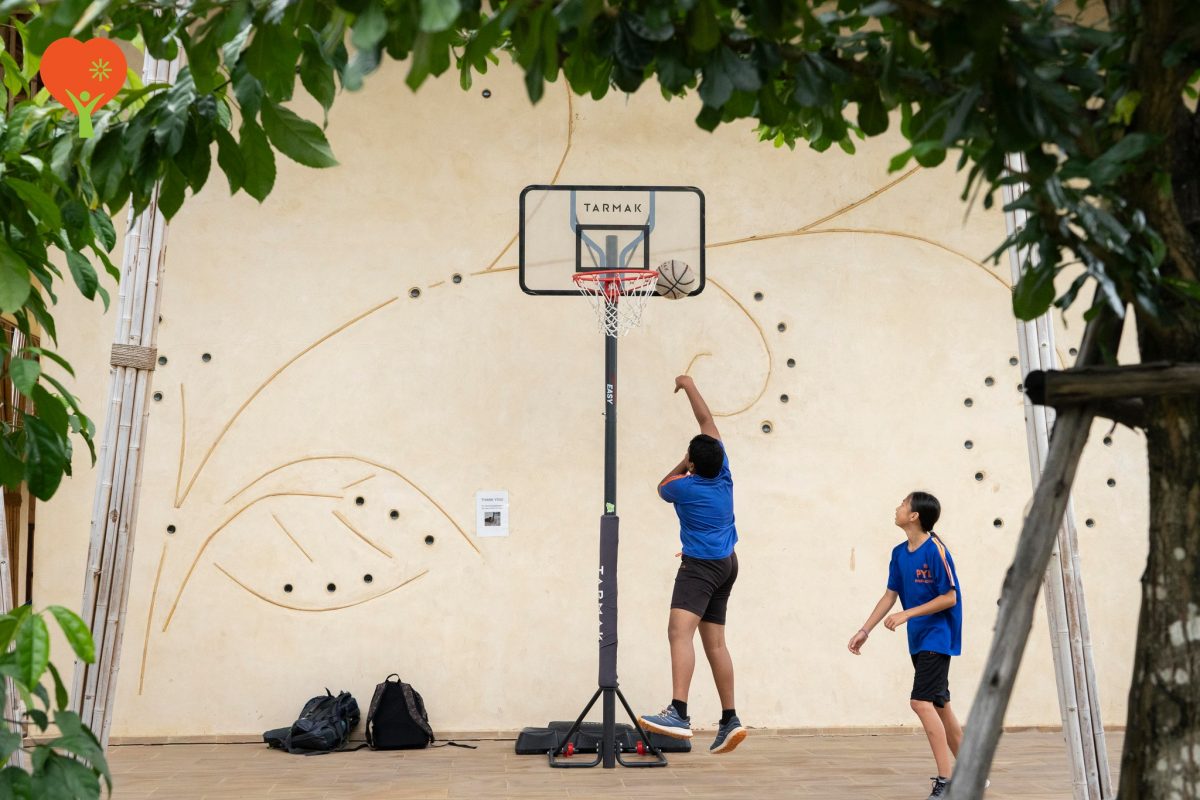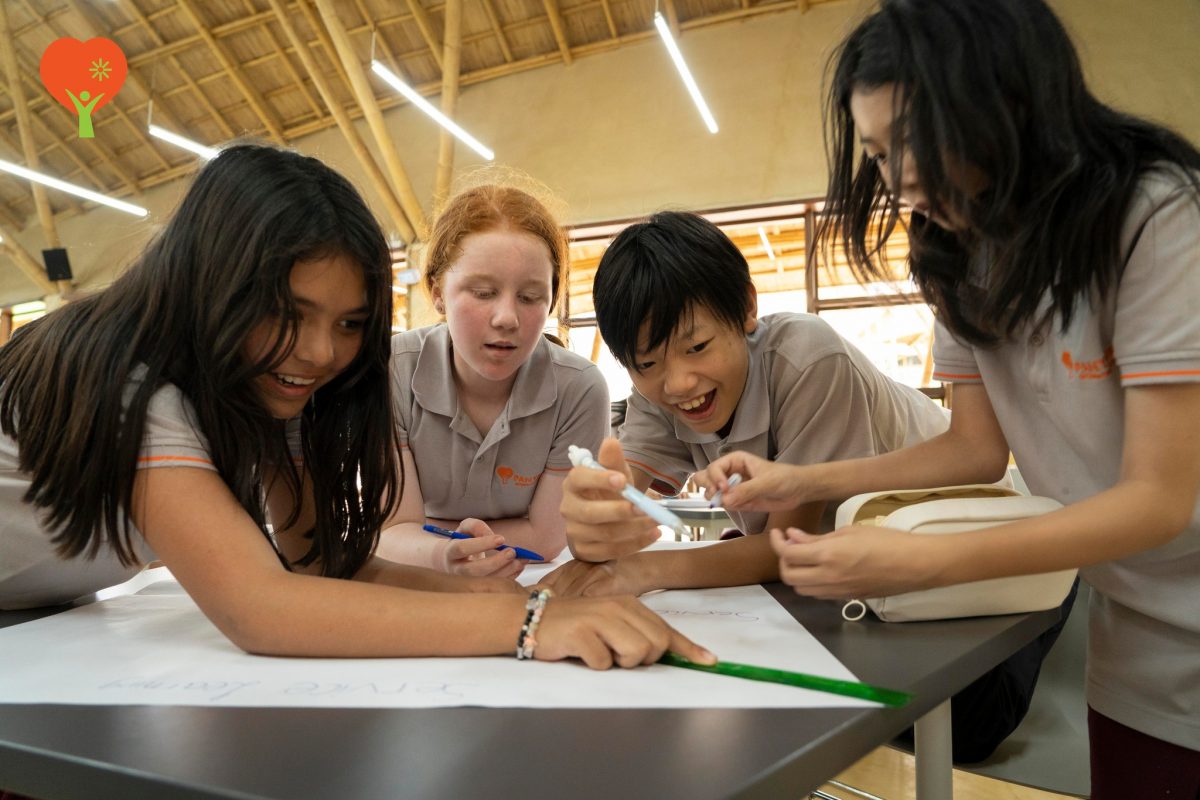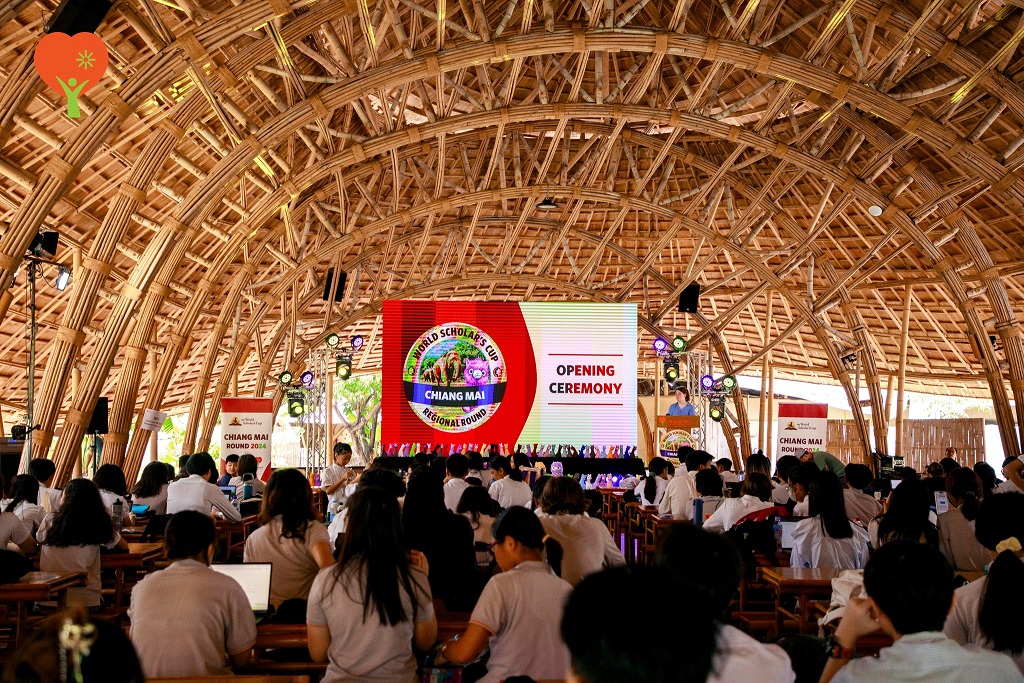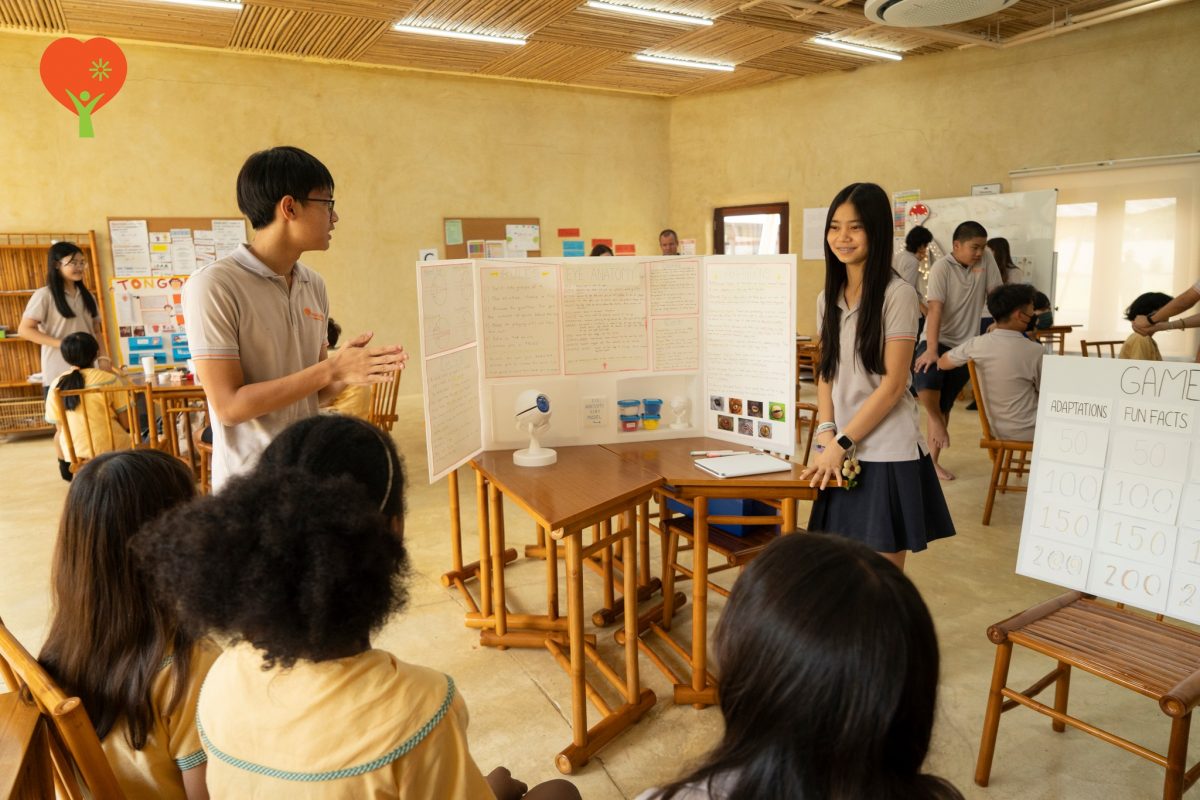Over the course of their study at Panyaden International School, students gradually build an increasingly deeper understanding of a set of core principles that are based on the four areas of development (bhavana): physical, social, emotional and intellectual. This understanding characterises our students and is the foundation for moral conduct, healthy relationships and strength of character.
In relation to the material world (physical development), a Panyaden student understands that:
- Consuming things that keep the body fit and healthy also keeps the mind calm and clear
- Showing care and respect for the environment enhances the quality of our lives
- Needs and wants are different and understanding them helps us bring balance to our
lives
In relation to society (moral development), a Panyaden student understands that:
- Choosing the right words at the right time and right place leads to healthy relationships
- Being open to other people’s views helps us grow
- Good teamwork yields results richer than the sum of the parts
In relation to the emotions (mind development), a Panyaden student understands that:
- Being kind and compassionate generates positive effects for oneself and others
- Love of learning is created through effort and perseverance
- We are the only ones who can control our emotions and reactions
In relation to the intellect (wisdom development), a Panyaden student understands that:
- Life is more meaningful when we skilfully reflect on experience and carefully filter
information - A wise decision is one that is logical, practical and beneficial to both oneself and others
- Our intentions, words and actions create our own future
Teachers will assess a students’ progress towards these goals on a daily, weekly and termly basis. Assessment of learning is based on two fundamental principles: evaluation for the purpose of developing the learner’s capacity and for appraising their achievements. The goal of assessment is to track progress, from whatever point each student starts, and identify learner needs. Ongoing formative assessment, based on observation, informal testing and student self-evaluation, is complemented by some formal testing (summative assessment). Assessment is 80% formative and 20% summative. The latter is partly achieved through the school’s online assessment programme, Measuring Academic Progress.
Thank you for your interest in our school. We openly welcome all enquiries from interested families throughout the year, so please feel free to contact us for more information, or to arrange a visit to Panyaden please apply for a school tour.
